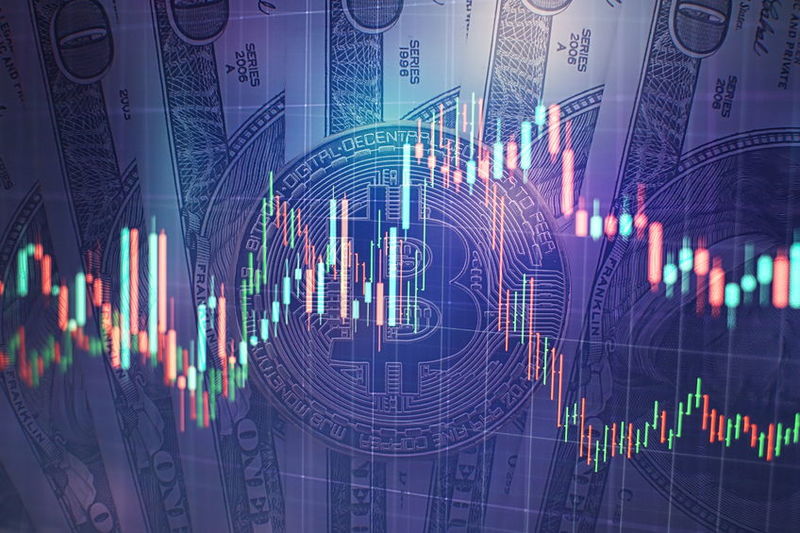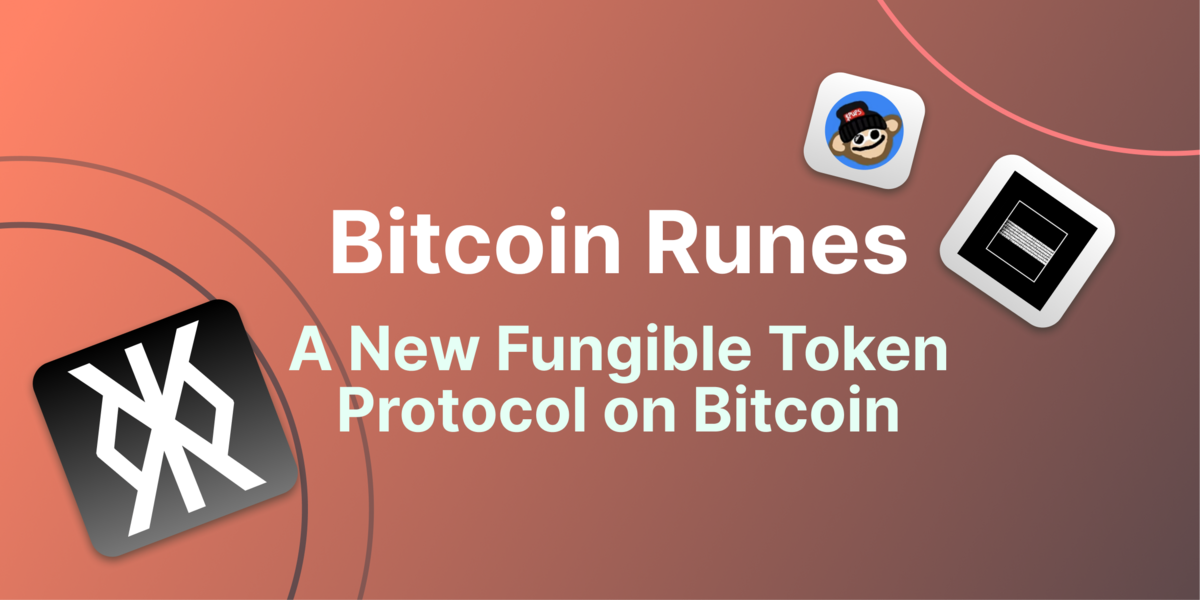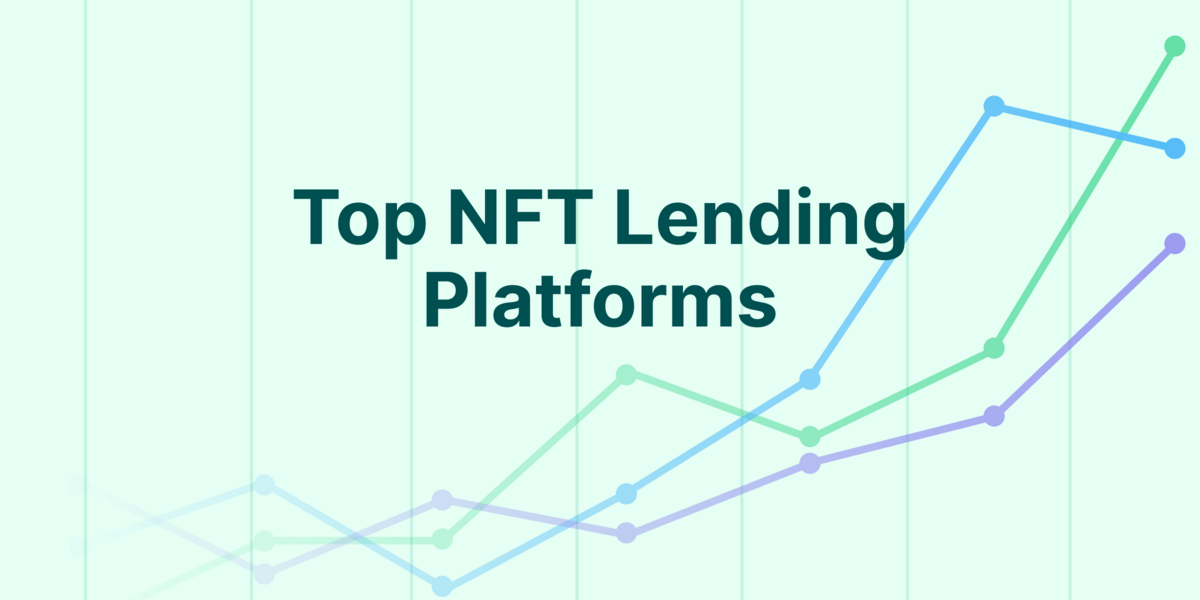Cryptocurrency, shorthand crypto, refers to digital currencies or tokens that are secured by cryptography. It is akin to digital assets that represent certain rights, such as ownership towards a network, digital collectibles, spendable currency within the system, or even as a proof of ownership of physical items.
What is bitcoin? - The birth of the first cryptocurrency
Bitcoin was first released by Satoshi Nakamoto on 3rd Jan 2009 as a new form of money. It is a novel invention that has given birth to the technology we call blockchain today. Little did people know that it will have an impact wider than just reinventing the antiquated financial system. It has in fact, gone on to inspire a whole generation of developers towards building a decentralized Internet.
What is the blockchain?
Blockchain is the key infrastructure that powers the whole crypto industry. Let’s see what problems blockchain is aiming to solve. Ever wonder why in this modern age we are still relying on paper-based documents for important matters? Examples of these documents include physical copies of our passports, identification documents, and certifications.
That's because we have yet to find a good way to make sure that information shown digitally is not tamper-proof, until the advent of blockchain. Blockchains basically ensure that the information depicted is accurate and that the data is not compromised.
Historically, it has been costly to prove ownership to an asset because of all the regulatory red tapes, middlemen, and processes involved in recording who owns what at a specific time. With blockchain, anyone can launch a network and distribute ownership of that network to millions of people globally at a fraction of the cost. This is a bit abstract but imagine owning a part of the Internet where value is accrued to the owners - this would be pretty impressive.
With cryptocurrencies, people can imbue ownership rights in the form of digital tokens that can be easily transferable. As such, multiple projects chose to fundraise globally, distribute tokens as rewards to early adopters, and as a token of commemoration. Thousands of tokens have been released since then. Even though most of them fell into oblivion, some of them managed to capture enough value that they are now worth billions of dollars.
Cryptocurrency prices and market cap

The cryptocurrency market has grown significantly since Bitcoin was first released in January 2009. As of January 2022, there are more than 13,000 tokens being tracked on CoinGecko with total crypto market capitalization breaching $1 trillion.
Why is cryptocurrency so popular today?
Bitcoin is increasingly being mentioned in the mainstream media after its price reached $20,000 at the time of writing in January 2022 with a valuation of roughly $2 trillion. Along with it, other crypto tokens also mimic similar price increases as more attention is being paid to the space. Bull runs have a way to capture people’s attention, attracting hordes of speculators into the field, feeding into a market frenzy.
There are several factors contributing to the rapid rise in price. One of them is the increasing accessibility to buy crypto assets, with Paypal announcing support for cryptocurrencies, combined with the rise of fintech apps that support crypto trading such as Robinhood, Square Cash, and Etoro.
Another one is the institutional adoption of investing in Bitcoin as a hedge against the structural weaknesses of the US Dollar due to the loose monetary policies of the Federal Reserve. Some of the public companies that did that include Microstrategy and Square.
Is it good to invest in cryptocurrency?
Unlike common asset classes such as stocks and bonds, major cryptocurrencies like Bitcoin and Ethereum do not produce any cash flows. As such, it did not receive good remarks from value investors. Warren Buffet famously made public remarks referring to Bitcoin as ‘rat poison’.
Bitcoin actually has characteristics more akin to commodities such as Gold. The fact that it is the first fixed-supply digital asset in the world makes it a good store of value. Therefore Bitcoin is more appealing towards macro investors that are looking to hedge against the weakness of the US Dollar. Paul Tudor Jones, Druckenmiller, and Raoul Pal are some high-profile investors that have made positive remarks about Bitcoin.
Owning Ethereum in the meantime is like owning a portion of the new Internet. The hype surrounding Decentralised Finance (DeFi) applications built on Ethereum are not just smoke and mirrors. These DeFi applications have been seeing skyrocketing user numbers, attracting billions of dollars of capital, and seeing more brilliant builders go into the space. Currently there are no concrete methods on how to value these assets, but this is normal for a new asset class. Valuation methodologies will become more mature as these assets gain more adoption over time.
Investing in crypto now is similar to investing in Internet stocks back in the year 2000 - the possibilities are vast but the road ahead is still uncertain. As the analogy goes, humans have a tendency to overestimate the impact of technology in the short-term and underestimate its effect in the long run. We are still in the early innings of crypto revolutions and there will be lots of ups and downs before we see the mass population benefiting from this technology.
As such, please exercise caution when investing as crypto is still pretty much a high risk investment. The price can be very volatile and it is definitely not for the faint-hearted. For beginners, what you can do is to start learning more about the technology, its ethos and its use cases.

How does cryptocurrency have value?
Very few people actually question where money comes from. It is actually quite a complicated topic involving politics, history, finance, economy, sociology, and human psychology. Ultimately it is a tool of human coordination.
Few people realise that the current system has only been in place for roughly 50 years, starting from the US Dollar depegging from gold in 1971. We are still very much experimenting with it, with the banks bailout in 2008, Quantitative Easing, and negative interest rates in recent years. As such, the current monetary system that we have, where most call it the fiat regime, might not be the best.
Therefore, it's actually not surprising that someone may invent something better. Throughout human history, we have been transitioning our currency from seashells to rocks, metals, and most recently papers in search of the best form of money. Bitcoin, as the first verifiable fixed-supply digital token that is secured by computers globally has the potential to become the first non-sovereign digital currency (not controlled by the governments) that can be used by anyone across the world.
The ability to transfer value across the Internet without having any restrictions is in itself a strong value proposition. Part of the allure of democratization of value is to give back the power of money in the hands of people rather than the institutions. Money also follows the rule of network effect, as a currency that receives more recognition will attract more people to use it and therefore initiating a flywheel of adoption.
Once the network is big enough, it is very hard for any competitors to topple it. Gold used to have a dominant market share in the world of currencies. Now we might be witnessing the rise of ‘Digital Gold’. If Bitcoin is to become the base layer of all economic transactions in the future, coupled with its fixed-supply nature, the price will go up as demand exceeds supply.
Other than Bitcoin, there are actually increasing adoptions in the use of Decentralised Finance (DeFi) applications, creating a parallel financial market that allows lending/borrowing, capital raising, exchange, derivatives trading and even betting, operational 24/7 globally. With total capital locked inside the system breaching $25 billion as of writing, we believe it has found its product market fit.
All these tokens might look absurd in the eyes of common people as most would not even know that these tokens exist, but for those that actually spend the time understanding the space, they would recognise how big this transformation is. The Internet is said to have democratized information, crypto is here to democratize value.
These applications are mainly hosted in Ethereum. Any transaction costs made inside Ethereum will have to be paid in its native currency, ETH. When more transactions need to be made, demand for ETH will increase and thus its price. DeFi applications in the meantime also released their own native tokens, accruing cash flows to the token holders, similar to how a company functions. It's now increasingly possible to estimate their future cash flows and come up with a valuation based on the discounted cash flows model.
How to buy and invest in cryptocurrency?
There are various ways to buy and sell cryptocurrencies. In many countries, fintech applications such as Square Cash, Robinhood, Revolut, Coinbase, and Gemini are gaining significant traction.
There are currently over 424 cryptocurrency exchanges globally. If you have a specific coin or token in mind, you can search it up on CoinGecko on where to buy it under the markets tab.
Should you buy cryptocurrency?
If you are still here after the long read, it means that you are intrigued enough to learn more. You do not have to allocate a big portion of your wealth into crypto straightaway. You can start by investing a small amount, be excited about the technology, and try to use it.
Do be aware of the price volatility and the inherent risk of dabbling with new technology. Only invest money that you can afford to lose. We believe that the more you learn about crypto, the more you will be dazzled by the beauty of this creation.
You have reached the end of the article! Congrats for being one of the few that understand what is cryptocurrency.

Lucius is a crypto maximalist and an insurance expert. Currently a research analyst at CoinGecko. Follow the author on Twitter @LuciusFang10





 Or check it out in the app stores
Or check it out in the app stores
